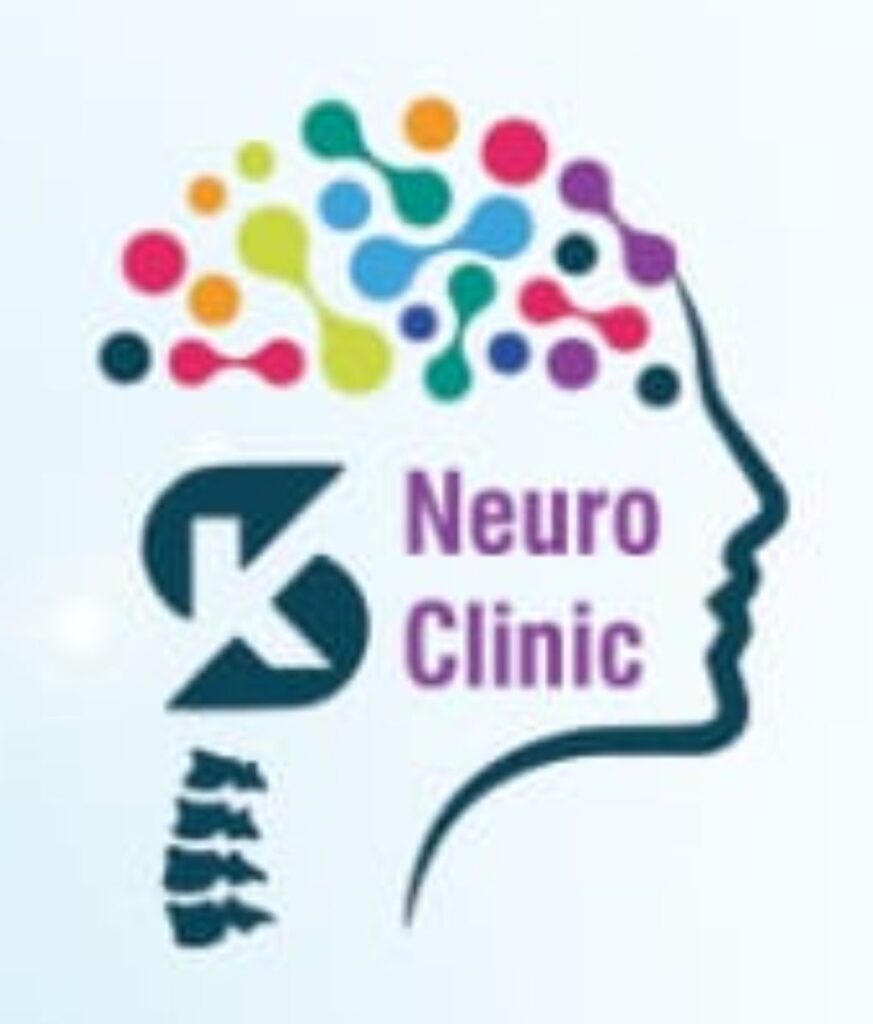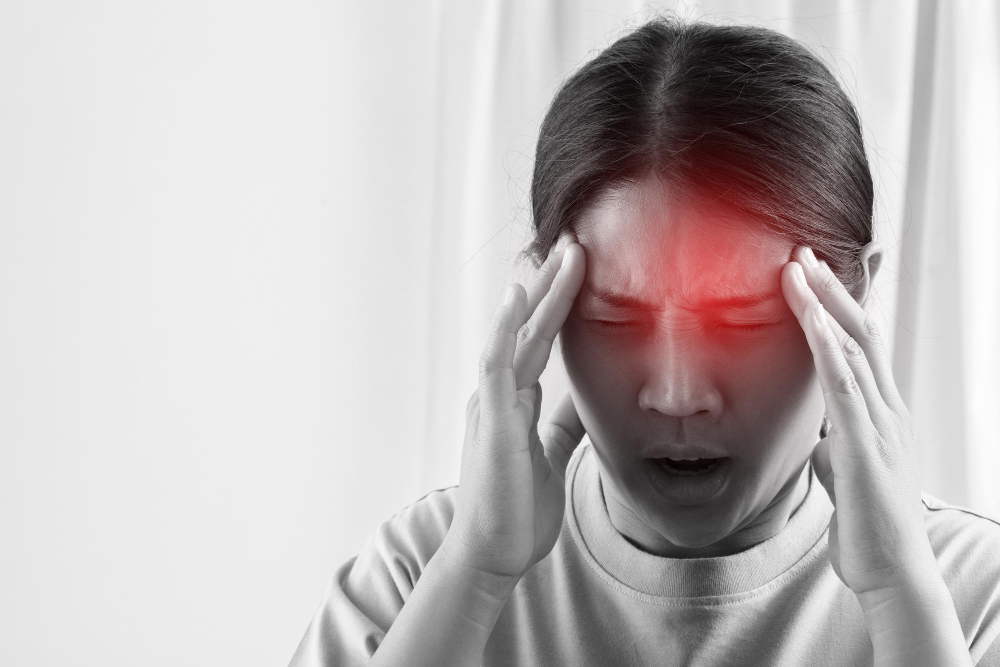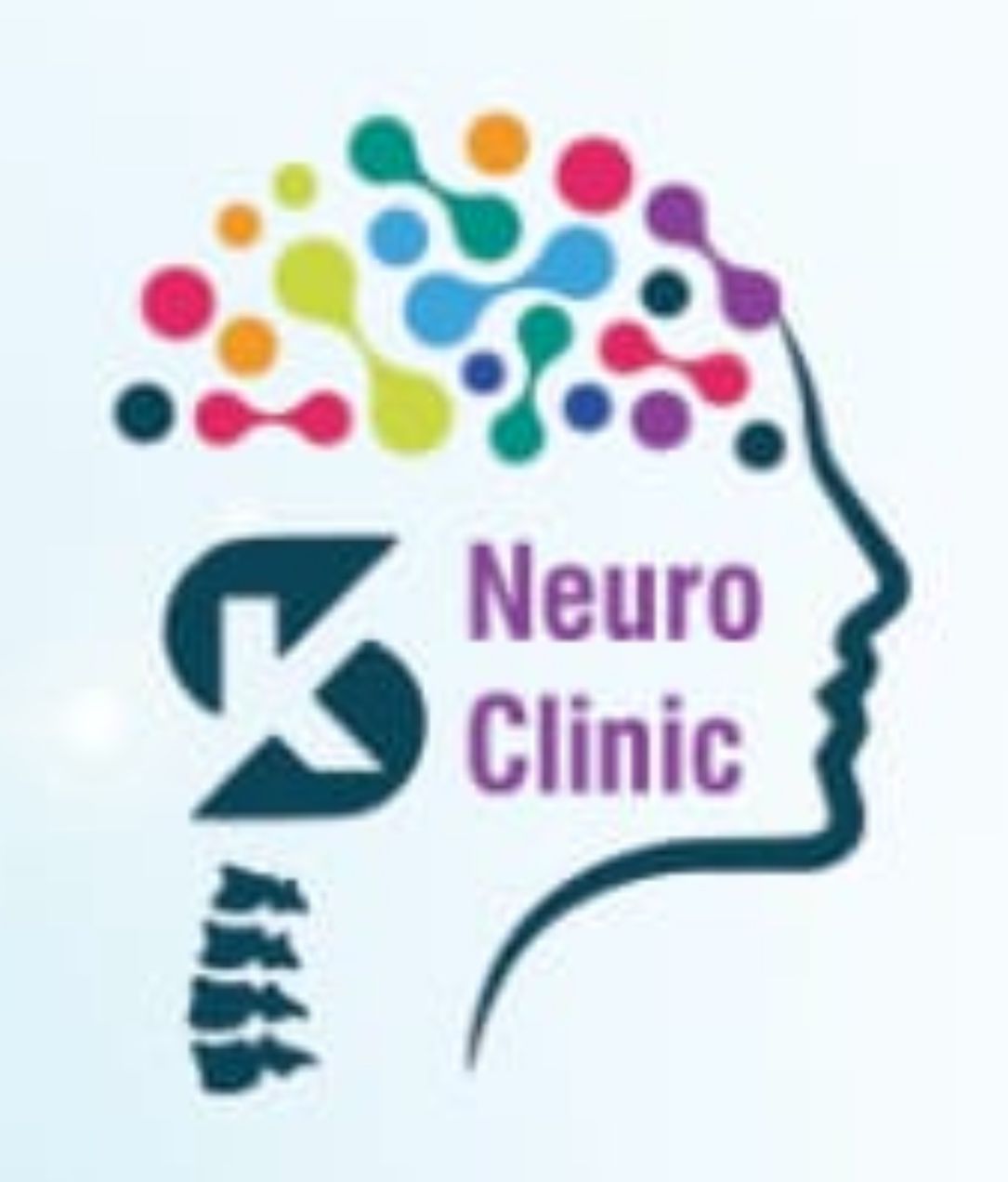What Are Cluster Headaches?
Cluster headaches are a rare but very painful type of headache. They often come in groups, or “clusters,” over weeks or months. During a cluster period, you may have several headache attacks each day. Each attack can last from 15 minutes to three hours. Unlike migraines, cluster headaches usually affect one side of the head. They often strike around the same time each day. Because of their pattern, they are sometimes called “alarm clock headaches.” Cluster headaches can disrupt daily life and sleep. However, with the right care, symptoms can be managed.
Symptoms of Cluster Headaches
Cluster headache symptoms are unique and often severe. For example, they usually start suddenly and without warning. Common signs include:
Sometimes, people feel sensitive to light or sound. But, unlike migraines, nausea is less common. Attacks often happen at night, waking people from sleep.
Causes and Risk Factors
Doctors do not know the exact cause of cluster headaches. However, they believe changes in the brain’s hypothalamus may play a role. This area controls your body clock. There are also some known risk factors:
Although triggers do not cause cluster headaches, alcohol and strong smells can make attacks worse during a cluster period. Still, avoiding these triggers may help reduce attacks.
How Cluster Headaches Are Diagnosed
Doctors diagnose cluster headaches based on your symptoms and medical history. First, your doctor will ask about your headache pattern, how long attacks last, and what other symptoms you have. Next, they may do a physical and neurological exam. Sometimes, tests like MRI or CT scans are used. These tests help rule out other causes, such as brain tumors or infections. Because cluster headaches are rare, it is important to see a doctor who knows about headache disorders. Early diagnosis can help you get the right treatment.
Treatment Options for Cluster Headaches
There are several cluster headache treatment options. The main goals are to relieve pain quickly and prevent future attacks. Common treatments include:
Because cluster headache attacks come on fast, quick-acting treatments work best. Your doctor will help you choose the right plan. Sometimes, you may need to try more than one option to find what works.
Lifestyle Tips and Prevention
While you cannot always prevent cluster headaches, some steps may help reduce attacks. For instance, you can:
Additionally, following your treatment plan can lower the risk of future attacks. If you notice new triggers, tell your doctor right away.
When to See a Doctor
Cluster headaches can be very painful and may affect your daily life. Therefore, you should see a doctor if:
Early Treatment Can Improve Your Quality of Life: If You Suspect Cluster Headaches, Don’t Wait to Seek Help. Consult Dr. Sanjay Kumar at Neuro and Spine Clinic for Personalized Care and Effective Management of Cluster Headaches.



